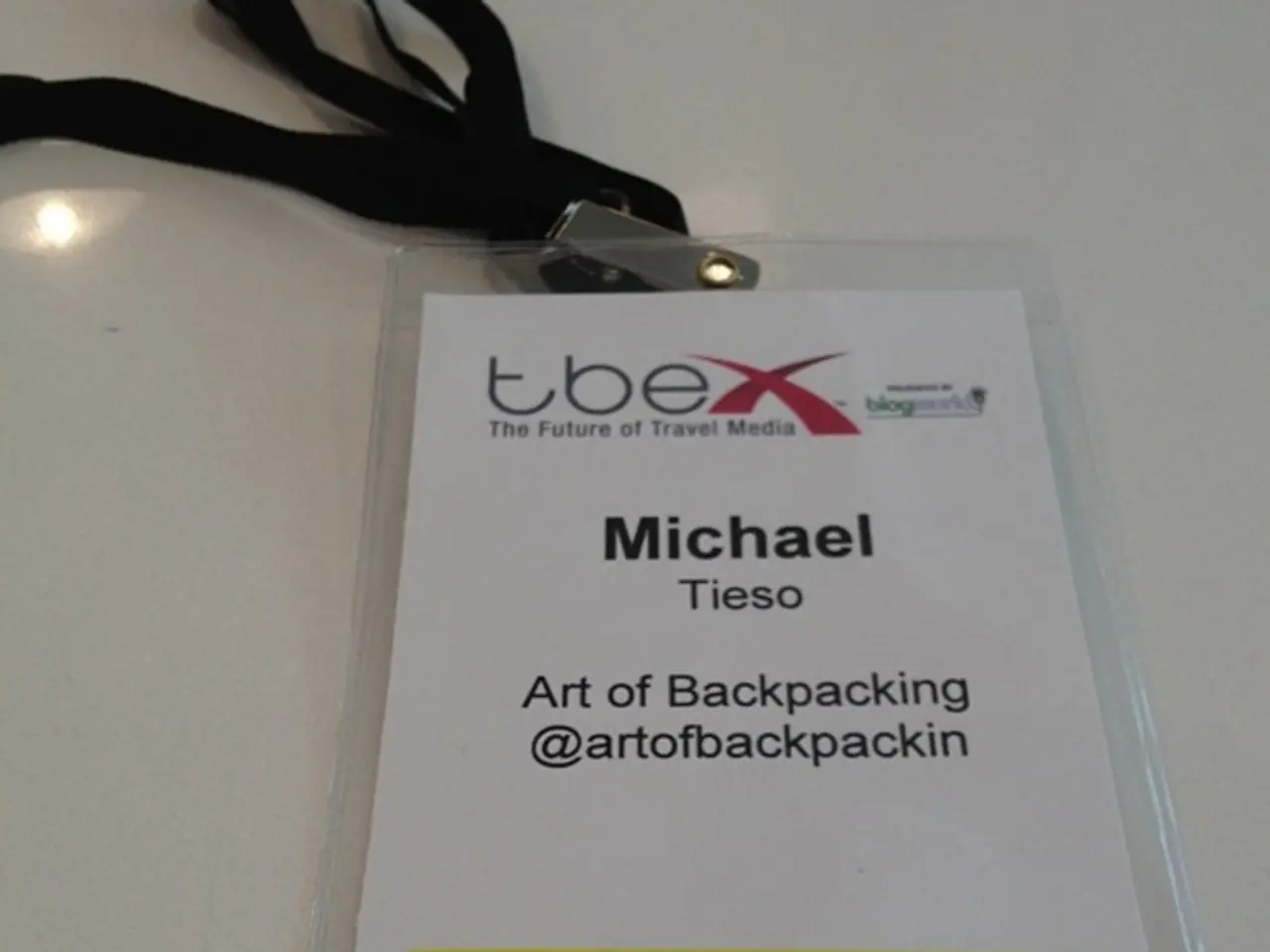Google software engineer ponders return to India, considering H-1B visa circumstances
In the bustling tech industry of the United States, MissKaun, a 28-year-old software engineer at Google, finds herself at a crossroads. Having moved to the US in 2021 to pursue her master's degree, MissKaun has grown professionally but misses her family dearly.
MissKaun's boyfriend, a data scientist, shares a similar predicament. They both hold H-1B visas, and the longing to be closer to their loved ones in India has sparked a conversation about relocating. A Reddit user's suggestion of a 1-2 year stint in India and returning on L1-A/EB1-C visas has piqued their interest.
However, moving back to India presents a complex web of immigration, employment, and personal considerations.
Firstly, H-1B visa status and validity are critical factors. If MissKaun were to move physically to India and stop working in the US, her H-1B visa status would become inactive, as H-1B requires physical presence in the US to maintain status. While the visa itself does not expire immediately upon leaving, it cannot be used while outside the US.
Working remotely from India while on an H-1B visa is generally not compliant with visa terms if MissKaun remains on US payroll but resides outside the US. If she were to continue working with her current employer but from India, she should be aware of regulatory uncertainties and tax implications.
If MissKaun has an ongoing green card process, moving to India after I-140 approval might be possible without losing priority date benefits. However, her future employer would need to file a new petition referencing her old priority date.
Re-entry and visa renewal are also significant concerns. If MissKaun's H-1B visa expires while she is in India and remains unrenewed, to return to the US, she would typically need a new H-1B petition and visa stamping at a US consulate in India. This application process may involve filing a new employer petition but can often retain her priority date for green card purposes.
Employment and compliance are crucial when working in India for an Indian employer. MissKaun must ensure compliance with Indian employment and tax laws, and continuing US payroll while working in India involves complex tax and social security considerations for both employee and employer.
Future immigration strategy is another crucial factor. H-1B holders with approved I-140 forms can extend their stay beyond the 6-year limit, which may affect timing decisions.
Consulting an immigration attorney to tailor decisions to MissKaun's specific case is advisable given the complexity and frequent policy changes.
MissKaun's decision to move to the US was not well received by her parents. Her mother finds a 14-hour flight to the US "too exhausting" and has visited her once. MissKaun's job at Apple before moving to the US was not helping her grow professionally, further fueling her contemplation of moving back to India.
Other Reddit users have shared their experiences. One moved back to India after 5 years due to the end of their STEM-OPT and non-selection for an H1B visa. Another moved back after 16 years, citing a desire to be closer to aging parents. One suggested taking a sabbatical or FMLA and going to India for 3 months to gauge if one doesn't have a yearning to return to the US.
As MissKaun and her boyfriend weigh their options, they are mindful of the challenges and opportunities that lie ahead. They are seeking advice on Reddit about making peace with the trade-offs of moving back to India or staying in the US.
Some Reddit users have suggested strategies such as working towards EB1-A and getting a Green Card in 5 years, followed by another 5 years for citizenship and then applying for family-based GC for a parent. Others have questioned the feasibility of retiring early with a savings of less than $5M in the US.
In the end, MissKaun's decision will be a deeply personal one, balancing professional growth, family ties, and immigration complexities. Her story serves as a reminder of the unique challenges that global professionals face when navigating their careers across borders.
- MissKaun and her boyfriend, both seeking a solution to longing for their family in India, have considered a 1-2 year stint in India while pursuing L1-A/EB1-C visas.
- MissKaun must navigate a complex web of immigration, employment, and personal considerations if she decides to move back to India, including potential tax implications and compliance with Indian employment laws.
- In determining her future course of action, MissKaun might find advice beneficial in areas such as education and self-development, personal growth, career development, job search, and skills training.
- The decision to move back to India versus staying in the US presents a delicate balance for MissKaun, involving factors like family-dynamics, relationships, lifestyle, and job market opportunities in both countries.
- Given the complexity of immigration laws and frequent policy changes, MissKaun has been advised to consult an immigration attorney to tailor decisions to her specific case.






